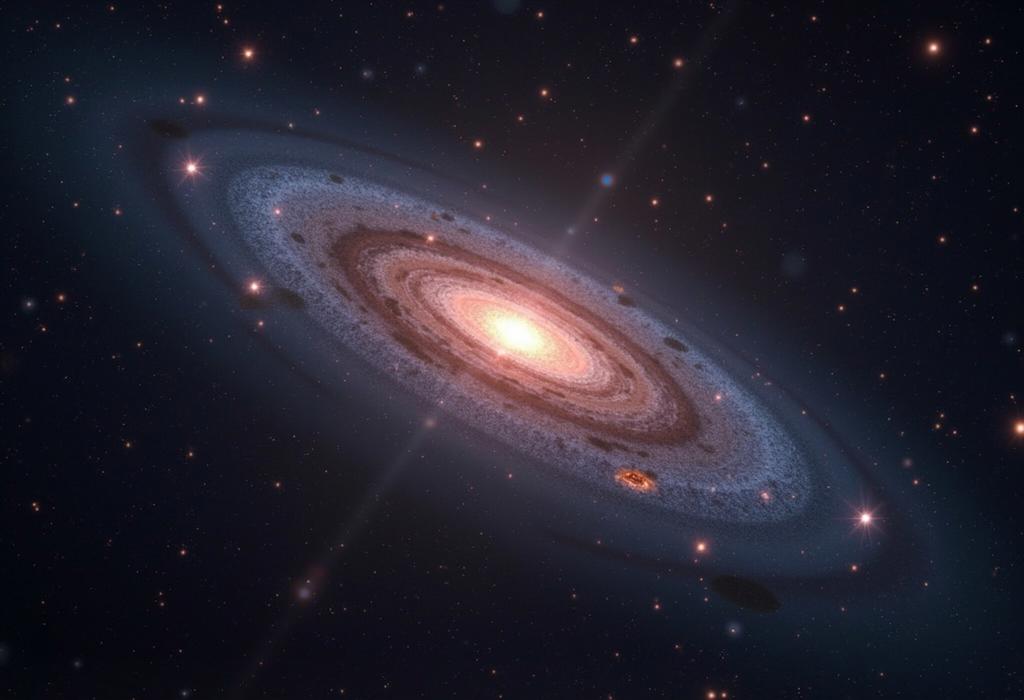Matteo Paz, a senior at Pasadena High School, has made waves in the scientific community with his innovative AI algorithm aimed at identifying celestial objects. Winning the prestigious $250,000 first-place prize at the Regeneron Science Talent Search, Paz's work speaks volumes about his aptitude and passion for astronomy, which sparked during his childhood through public lectures at Caltech. His journey led him to engage in sophisticated study and mentoring programs like Caltech's Planet Finder Academy and the Summer Research Connection, where he honed his skills in AI and machine learning under the guidance of expert mentors including Davy Kirkpatrick. This mentorship not only facilitated Paz's technical advancement but also highlights the significant role that effective mentorship plays in shaping future scientists.
Kirkpatrick's commitment to nurturing young talent, inspired by his own educational experiences, showcases the importance of community engagement in the sciences. The collaborative aspect of this project is noteworthy, as Paz worked closely with a network of astronomers who provided additional support and insight. The data from NEOWISE, an infrared telescope that gathered extensive observational records, served as the foundation for Paz's machine-learning algorithm. His success in flagging and classifying 1.5 million potential new cosmic objects stands as a milestone achievement in astronomical data analysis and hints at future applications beyond astronomy, including stock market analysis and environmental monitoring.
Paz's narrative illustrates both personal growth and the collective advancement of scientific knowledge through collaboration and mentoring, reflecting the ever-expanding role of AI in modern research. By potentially broadening the horizons for future studies in various temporal formats, Paz emphasizes an exciting future for astrophysics and beyond.
Overall, this story captivates with its blend of individual ambition, mentoring impact, and scientific innovation, making it a powerful testament to the capabilities of young scientists today.
AD
AD
AD
AD
Bias Analysis
Bias Score:
10/100
Neutral
Biased
This news has been analyzed from 7 different sources.
Bias Assessment: The article maintains a largely positive tone throughout, highlighting accomplishments and reinforcing the value of mentorship and innovation. There is minimal bias, as it presents facts about Paz's achievements and the project's significance without denigrating other players in the field or taking partisan stances; it emphasizes potential and aspirations within scientific communities.
Key Questions About This Article




